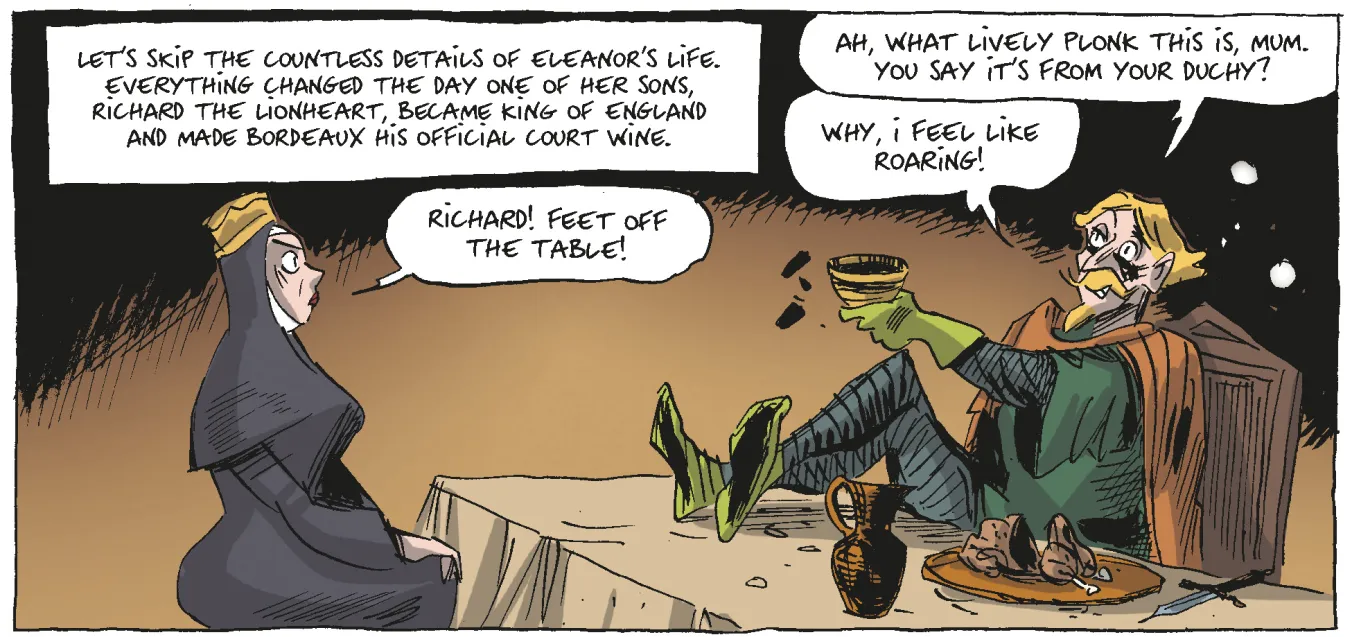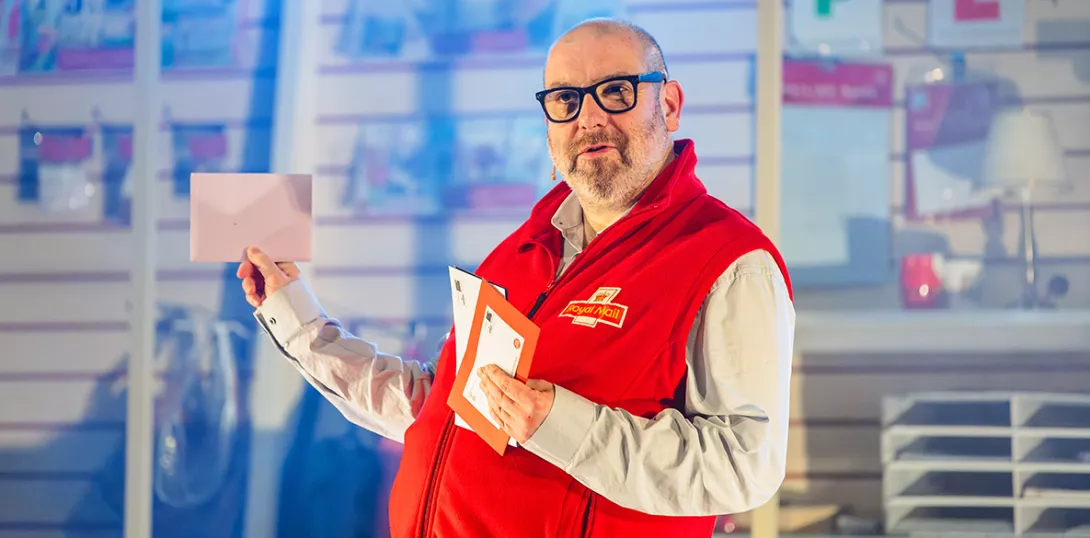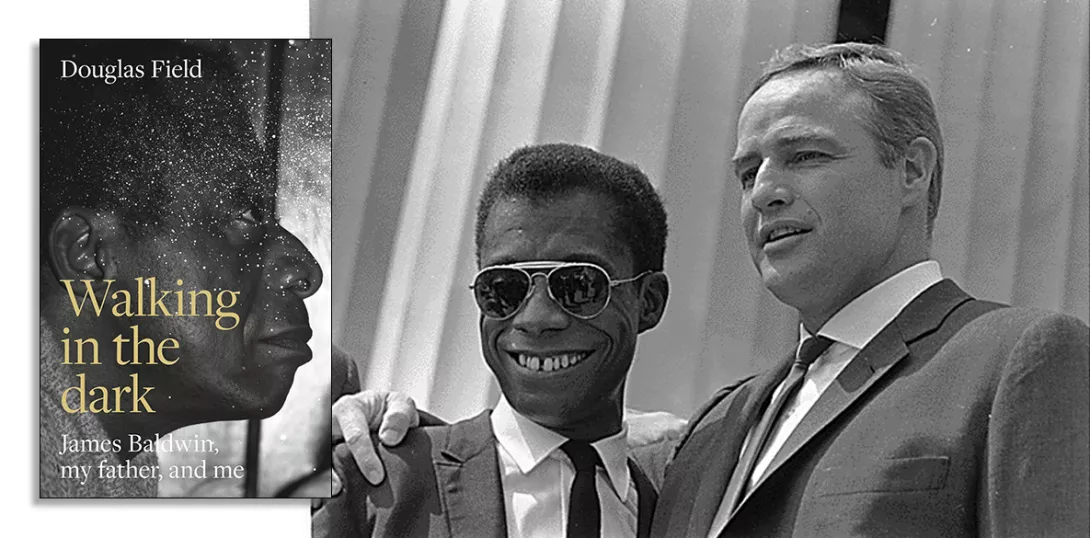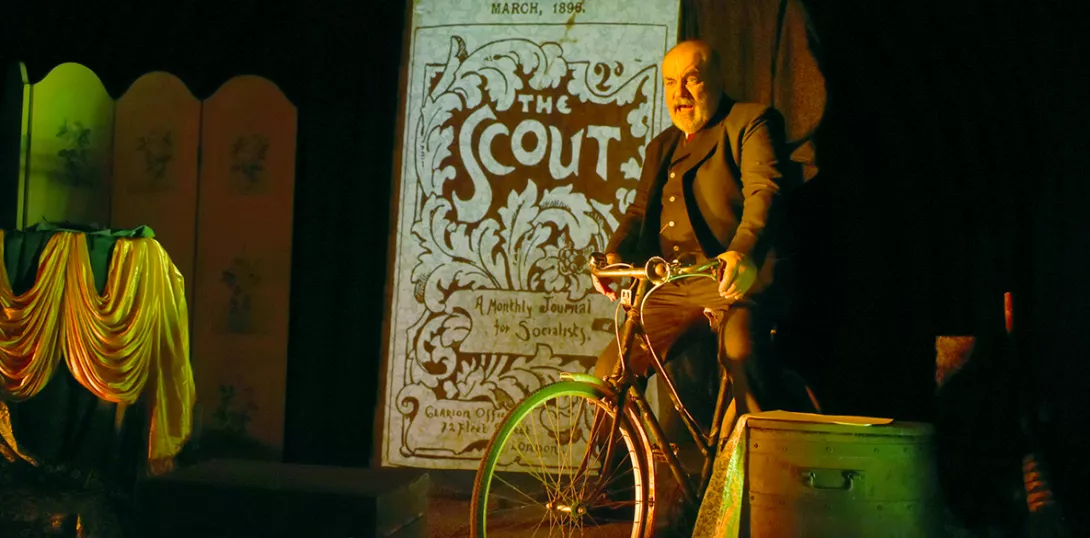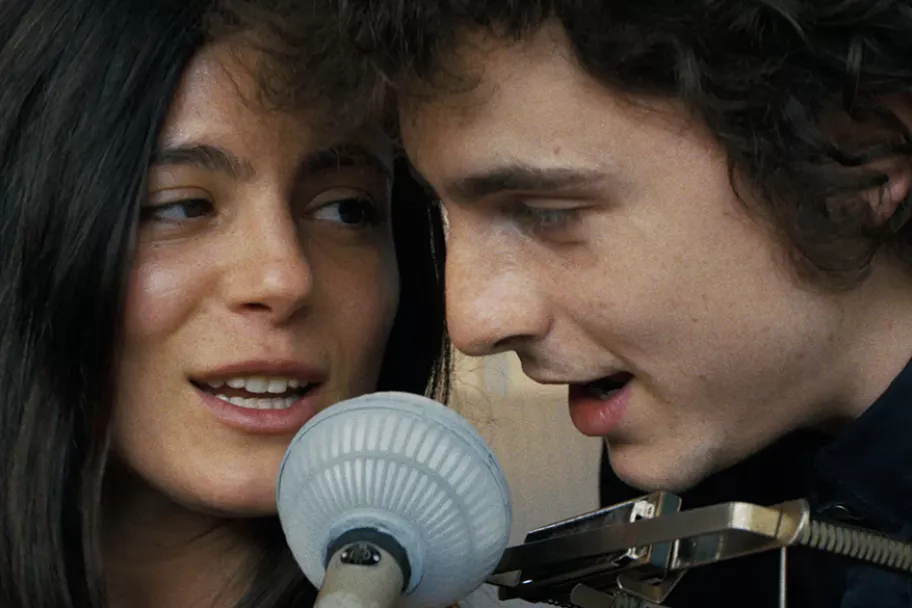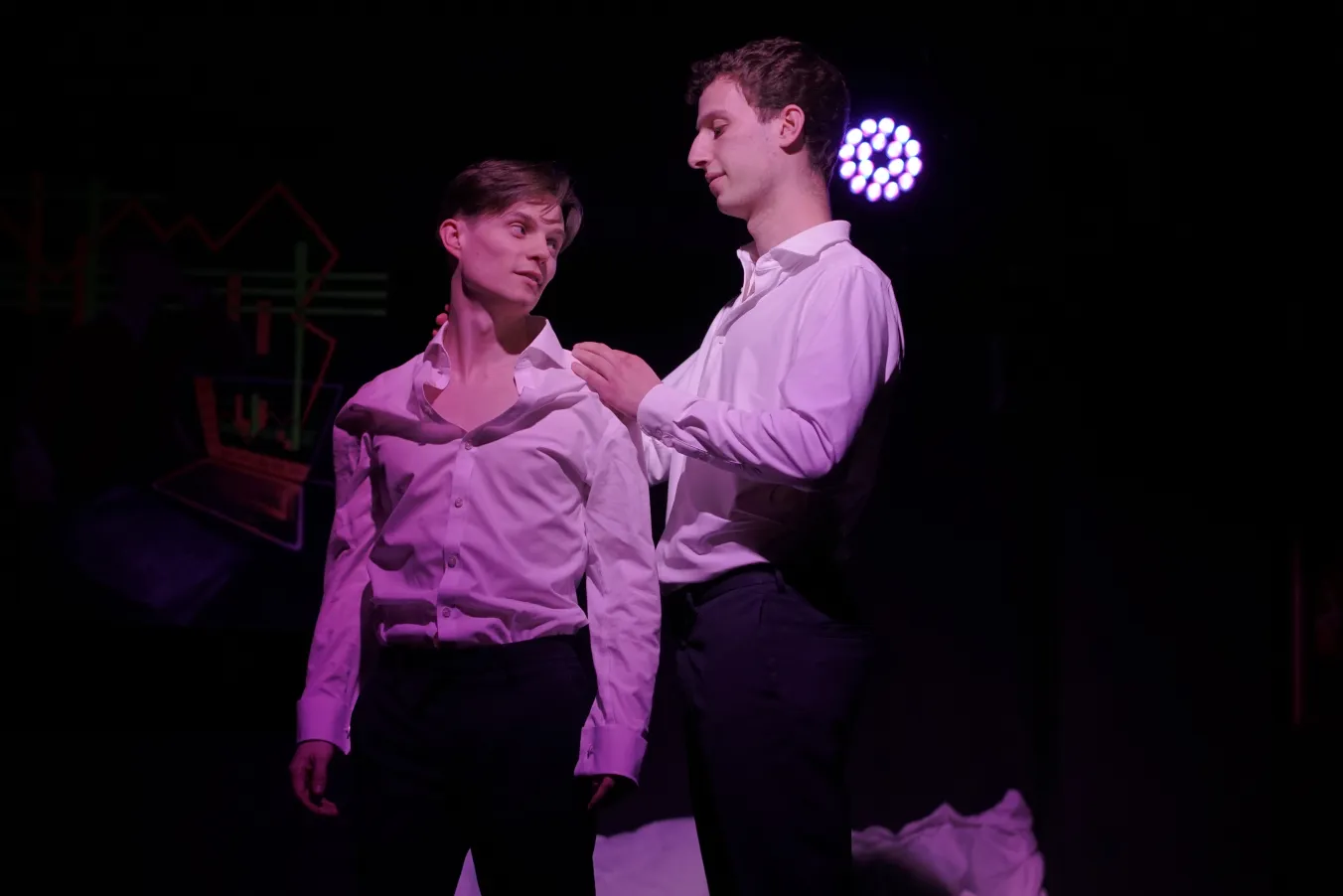
Short Memory
Golden Goose Theatre, London
YOU would be forgiven for thinking that a play about Handel’s Messiah, short selling and Alzheimer’s disease was born of a theatrical version of Ready Steady Cook — three disparate themes, pulled out of a hat, to test the skill of the playwright in weaving together a compelling and convincing narrative.
Richard Roques has passed this entirely hypothetical challenge with flying colours: Short Memory is an adroit exploration of love, loss and the redemptive power of music, via three generations of the same family, over the course of several years.
The play begins with an on-stage choir concluding the first part of Handel’s masterpiece recounting the birth, death and resurrection of Jesus Christ — a favourite with community choirs all over the world — whereupon husband-and-wife singers Adam and Nancy (Peter Saracen and Janet Behan) meet their grandson Simon (James Fletcher) in the audience.



